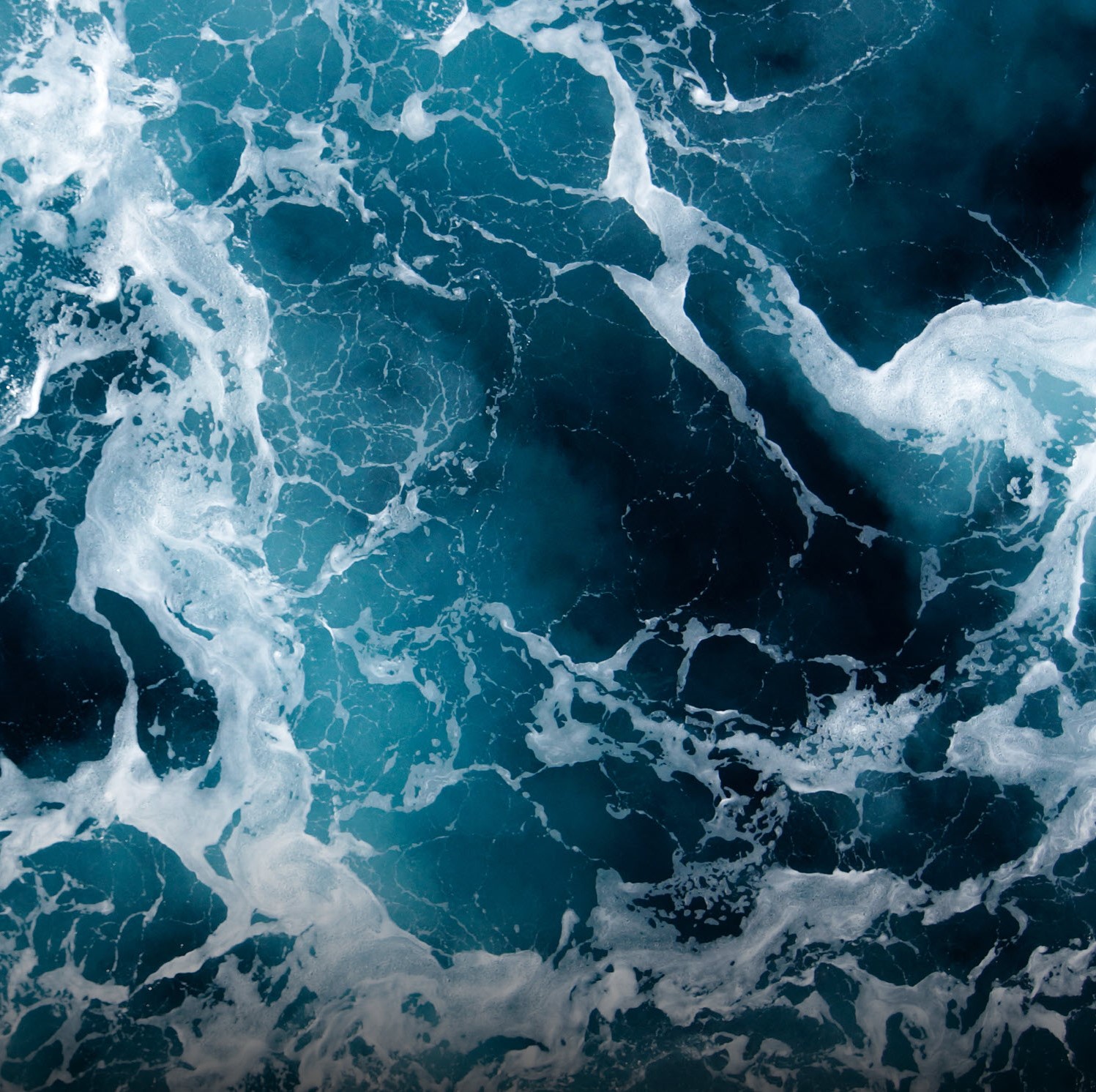
Katharine’s efforts in communications are legendary. She does hundreds of interviews every year, dozens of public lectures, and a PBS digital series on YouTube, and she is active on social media (collectively she has 400,000 followers). She also co-founded the organization Science Moms to help mothers who are concerned about their children’s planet but don’t know how they can help. We literally don’t understand how Katharine gets everything done.
In her research, Katharine has been active in helping both cities and the country assess the risks they face from climate change. Her research focus on downscaling emerged from her work on a regional Great Lakes assessment in 2003. She has since served as an author for the Second, Third and Fourth National Climate Assessments and took on a particularly prominent communication role for the Fourth National Climate Assessment, which was released during the Trump administration with minimal federal communications support.
Most recently, she published her book Saving Us: A Climate Scientist’s Case for Hope and Healing in a Divided World, which is a national bestseller. This book showcases Katharine’s most important quality, an eternal optimism and can-do spirit. Despite how discouraged we often are about climate change, after reading it we couldn’t help but be optimistic. She reminds us that the climate crisis is a solvable problem — if we make the effort.
While all of us strive to change the world, Katharine is actually doing it. This is why the Ambassador Award is such an appropriate recognition for her.
— Andrew Dessler
Texas A&M University
College Station, Texas
— Robert Kopp
Rutgers University
New Brunswick, New Jersey
Katharine Hayhoe is unique among her generation of scientists. She combines incredible scientific productivity with an ability to connect with the people who most benefit from a better understanding of climate science, whether they be fellow scientists, public office holders, or members of the public.
Katharine has worked with scientists outside the climate community to deliver and translate model data they could use to draw meaningful conclusions about local climate change impacts. She has pioneered methods for downscaling climate models and has found ways to apply them to climate assessments. She has demonstrated leadership in conducting widely cited climate assessments and changing, for the better, the way such assessments are done. For example, in 2008 she and Don Wuebbles took leadership roles in assessments for the city of Chicago and the Great Lakes; she has also been a leader in assessments for the Northeast, California, and the Southeast. Her leadership carried through to the U.S. National Climate Assessment, where she has served as a highly motivated member of the author teams of the 2009 and 2014 national assessments. In recognition of her contributions, she was asked by the U.S. Department of the Interior to prepare a primer on climate downscaling for use by the department’s Climate Science Centers and related interests.
Katharine has also volunteered her services as a “scientist on call” for AGU’s -question--and--answer service and is a member of the organization’s Publicity Committee. She has demonstrated leadership in public outreach at local town halls, at churches, at universities, and at corporations, plus she has given her time to countless newspaper, radio, and television interviews.
She is a communicator who intuitively understands how to connect with audiences on the basis of their perspectives and who accurately conveys her expertise to them. She has done incredible outreach to fellow evangelicals and helped convey climate science through shared community values. Her book A Climate for Change: Global Warming Facts for Faith-Based Decisions has had a large impact on the Christian community. Her widely viewed interview on NOVA for PBS provided powerful insights into the life of a scientist who also is an inspirational woman of faith.
Her willingness to experiment and innovate in science and in communicating science, her commitment to making science relevant to decision makers and the public, and her infectious positivity and passion make Katharine Hayhoe a most deserving recipient of the AGU Climate Communication Prize.
—John E. Walsh, University of Alaska Fairbanks, Fairbanks
—Donald J. Wuebbles, University of Illinois at -Urbana--Champaign, Urbana





